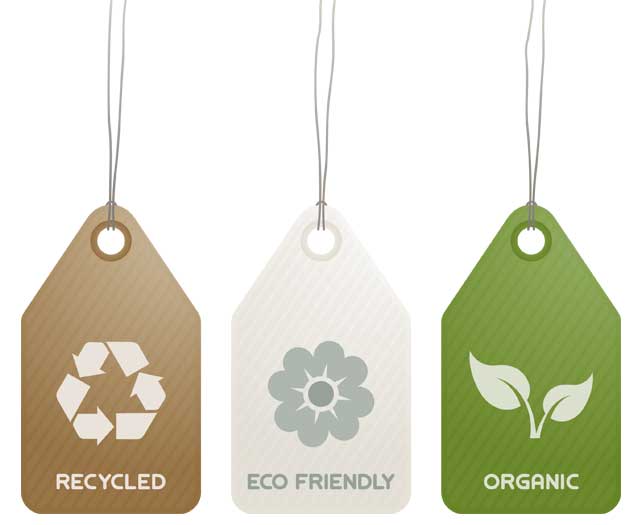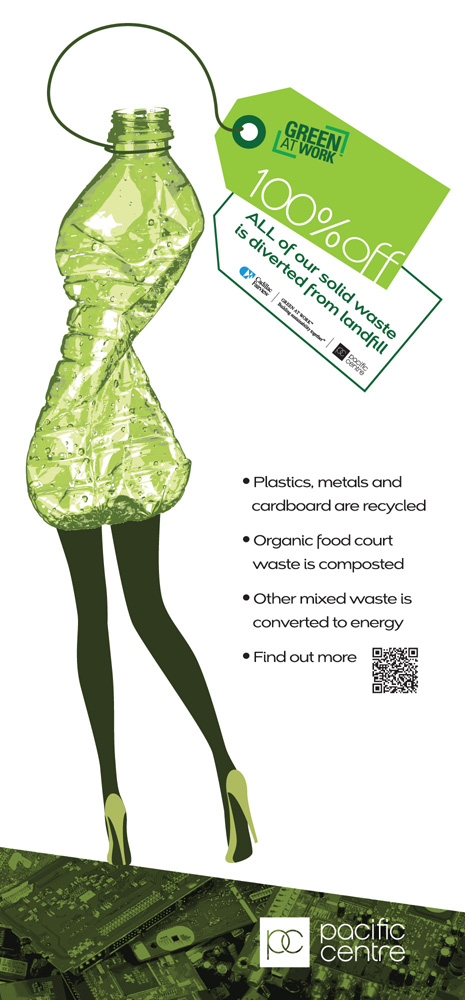Has it changed how you think about how you live your life as a consumer?
Learning more about sustainability definitely made me a more conscious consumer in terms of what I buy when I go to grocery stores, I tend to look at the description more to see where the ingredients are produced, and often time go for products that are produced locally not only it cost less but it also is more sustainable. I also would always bring my own water bottle when I leave the house to avoid buying plastic bottles that I know I will have to get rid of later on.
Has it changed how you think about business?
Different companies are motivated to becoming more green for different reasons, but overall, by adopting and becoming more sustainable help companies countless benefits such as to enhance brand image and increase their competitive advantage in the market. Further more, through development of more sustainable practices, efficiency is more likely to increase, because of better use of resources, operations costs will also decrease saving firms massive amount of money.
My perspective about sustainable living and sustainability society, knowing that every action I take could contribute to how the world is going to be in the future. If the society continue to embrace the importance of sustainable community and are more actively involved, the Earth could look exactly the same as it did at the beginning.


